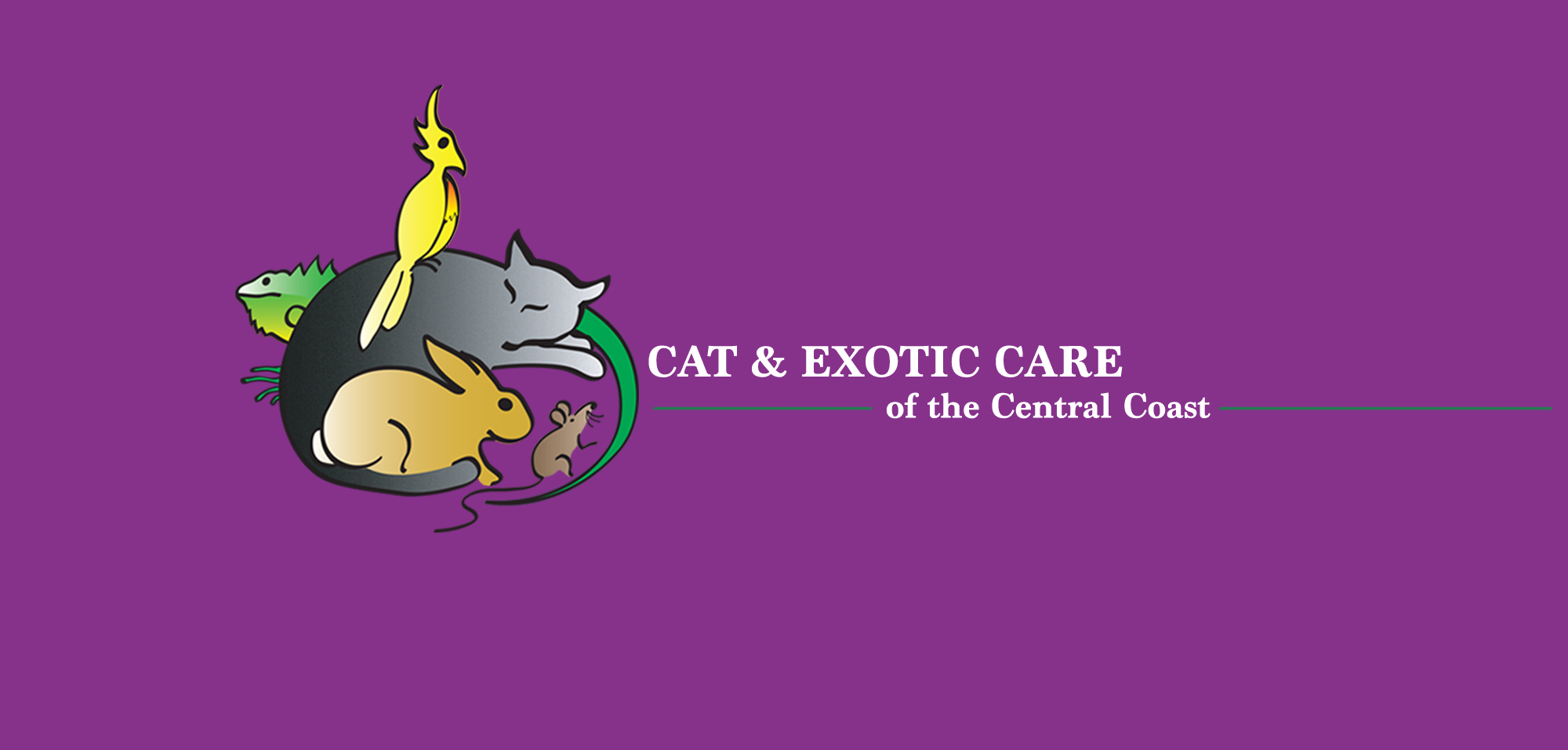Holiday pet hazards and tips.
TREE WATER
If you get a real Christmas tree, be sure our pet doesn’t drink the water. It likely contains chemicals to preserve the tree that are toxic to your pet. Make sure your tree is well anchored so that your dog or cat does not knock it down and get injured or tangled up in the process.
CORDS AND CABLES
Conceal electrical cords to all holiday lights under rugs, in cord coverings, or taped to the floor to prevent chewing and potential electrocution.
SEASONAL PLANTS
Mistletoe, holly, poinsettias, many lilies, and pine boughs are common holiday plants which can all be harmful if ingested. Vomiting, diarrhea, weakness, stumbling, muscle tremors, depression and seizures are symptoms of plant toxicity. If any of these plants are ingested or signs of poisoning are noticed, please seek immediate veterinary care.
FIRE
Candles can be a fire hazard or cause burns (we have all seen one or two cats with singed whiskers). When used, make sure they are out of your pet’s reach, and don’t leave candles burning unattended.
RIBBON
Ribbons and bows are very enticing to your pet, especially kittens. When presents are placed under the tree, strategically place them to hide the bows as much as possible. If ingested, they can cause an intestinal blockage which may require surgical correction. If you must use ribbons, avoid longer ones and ones with wire. Tinsel is also quite tempting, and can cause major problems if ingested.
TABLE SCRAPS
We all like to eat a lot over the holidays, but try not to extend this to your pet(s). Table scraps, garbage raiding, and counter surfing can all lead to stomach upset. Too much rich food can cause serious inflammation of the pancreas, which is life-threatening. Remember, chocolate is toxic to pets.
GUESTS
Visitors can be very stressful to your pet(s) leading to over-excitement, confusion, and fear. Keep pets in a quiet part of the house and make sure they have a safe retreat from children and other guests.
SOUND/NOISE
To the sensitive ears of cats and dogs, fireworks, horns, bells and whistles can be extremely frightening. Make sure pets are in a safe place away from the noise and that they can’t escape the house or yard. If your pet is particularly sensitive and/or fireworks are a particular problem in your neighborhood, talk to a veterinarian about getting some tranquilizers to help your pet remain calm.
CONSIDER TIMING
There’s no worse time than the holidays (see items above) to bring a new pet into the home. Unfortunately, this is a common scenario, as many people surprise a loved one with a new puppy or kitten. Adjusting to a new environment coupled with the holiday excitement can increase anxiety and lead to trouble adapting to a new home. It is best to wait a few weeks after the holidays and plan to kitten/puppy-proof the house ahead of time. In this way the pet can be introduced into a quiet, safe environment, and the transition will be much gentler. Don’t forget to ask your veterinarian for advice on selecting a new pet prior to purchase.
Have a safe and happy holiday.
If you have a veterinary question that you would like to propose for an upcoming edition, please send it to email@catandexoticcare.com with “ask the vet” in the subject line.
Max Conn, DVM is the owner of Cat & Exotic Care of the Central Coast, a full-service veterinary hospital dedicated to the special needs of cats, birds, reptiles and small mammals. Cat & Exotic Care is located in Pismo Coast Plaza, 565 Five Cities Drive, 805-773-0228. More information can be found at www.catandexoticcare.com.
Disclaimer: The informational handouts and website links above are for informational purposes only, they are not intended to replace veterinary care.
